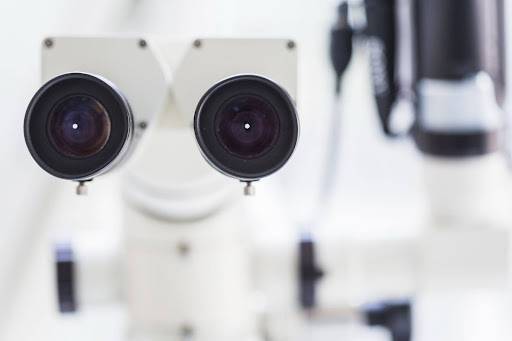
The complex landscape of the human mind has always been a fertile ground for myths and misconceptions, with hypnotherapy being no exception. Deep-rooted in cultural folklore and the media’s exaggeration, hypnotherapy often carries an aura of mystery and apprehension that does not reflect its true nature or potential as a therapeutic modality.
Hypnotherapy is a form of therapy that utilizes the power of positive suggestion to bring about subconscious change to our thoughts, feelings, and behavior. The process itself involves the therapist guiding the individual into a deeply relaxed, yet fully conscious state, referred to as hypnosis, where the mind is more open to transformative suggestions. Used with precision, hypnotherapy can be an effective tool for managing a host of mental and physical conditions, ranging from anxiety and phobias to chronic pain and addiction. Yet, despite its efficacy and wide application, misinformation still clouds public understanding.
The aim of this article is to debunk the most common misconceptions surrounding hypnotherapy, shine a light on its science-backed benefits, and demystify its practice, allowing for a greater understanding and acceptance of this potent therapeutic approach.

Image from: https://pixabay.com/vectors/patient-psychologist-counseling-6139182/
1: Hypnosis is a form of mind control or brainwashing
One of the most enduring myths is that hypnosis is a form of mind control where the hypnotist can manipulate the subject into doing anything, including acts against their will or moral beliefs. In truth, hypnotherapy is a cooperative interaction in which the client is an active participant. While under hypnosis, individuals are actually in a state of heightened focus and control. They can’t be forced to do something they don’t want to do, and can choose to come out of the hypnotic state at any time.
2: You can get ‘stuck’ in hypnosis
There’s a prevailing belief that one might not be able to wake up from a hypnotic state. This is far from the truth. Hypnosis is a natural state of focused attention, akin to being engrossed in a good book. Participants will naturally emerge from hypnosis when the session ends, or sooner if they so choose. It’s worth noting that even in cases where a hypnotist left a participant in hypnosis, the person would either drift into a normal sleep and wake up naturally or emerge on their own when they realized the hypnotist was no longer guiding them.
3: Hypnosis is sleep or unconsciousness
The myth that hypnosis is sleep or an unconscious state is largely due to its name, derived from the Greek word for sleep (hypnos). However, hypnosis is not sleep but rather a state of deep relaxation and heightened awareness. During hypnosis, individuals remain fully conscious, can hear everything, and remember the session afterward.
4: Only weak-minded people can be hypnotized
On the contrary, hypnosis has nothing to do with the strength or weakness of one’s mind. Hypnotherapy typically works better with individuals who have a good imagination and the ability to concentrate. Research suggests that high intelligence and creativity often correlate with increased hypnotizability.
5: Hypnosis can recover accurate repressed memories
While hypnosis can aid memory recall, it’s important to note that it does not guarantee the accuracy of the memories recovered. Memories can be fallible and susceptible to suggestion. Hypnotherapists should, therefore, proceed with caution when working with recovered memories, ensuring they do not inadvertently implant false memories.
6: Hypnotherapy is a “magic pill” for any issue
While hypnotherapy can be beneficial for a variety of issues, including smoking cessation, weight loss, anxiety, and stress management, it’s not a “one-size-fits-all” solution. The effectiveness of hypnotherapy depends on the individual’s openness to the process, their unique circumstances, and often, the skill of the hypnotherapist.
Hypnotherapy, when understood and utilized properly, is a powerful therapeutic tool that can aid in personal transformation and healing. By debunking these prevalent myths, we can clear the path to better understanding and acceptance of hypnotherapy. The first step in harnessing its potential is appreciating it for what it truly is: a credible, scientifically-backed technique that can facilitate change and growth on a profound level. Remember, hypnotherapy, like any other therapeutic technique, is a tool – not a magic trick. Used correctly by trained professionals, it can facilitate profound change and healing.






